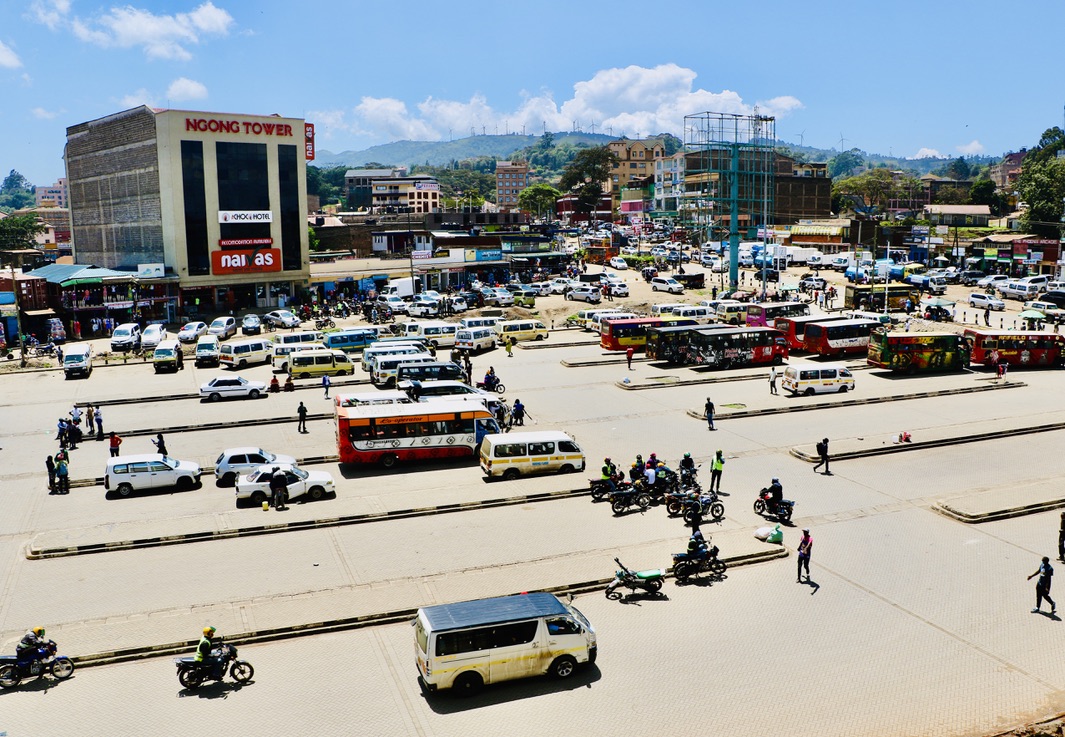Nakuru Governor Susan Kihika has pledged to fast track operationalization of Lord Egerton Agro-industrial Park that will host a variety of industries, including agro processors, ICT hubs, energy-sector companies, engineering and construction firms and chemical industries.
Ms Kihika said the agro-industrial park besides expanding the devolved unit’s opportunities as an industrial and economic hub, will create employment opportunities, improve the livelihoods in agriculture dependent regions, reduce post-harvest losses, contribute to food security and accelerate economic growth in the country.
The County Government, Egerton University and the Ministry of Agriculture and Fisheries are jointly building the facility on 200 acres at the University’s Ngongongeri farm in Njoro.
The Industrial park is also intended to attract private investors into establishing food processing plants that will add value on agricultural produce.
The architects of the plan estimate that more than 4,000 employment opportunities will be created with transformation in agriculture in the counties involved. The development of the support infrastructure such as power, water and the park ring road has been put into the spatial plan.
Ms Kihika while taking the oath of office Thursday indicated that suitable infrastructure is expected to attract investors, state support, arrangement of logistics, and introduction of new technologies in the agricultural activities and the creation of a competitive environment.
Highlighting her development agenda to the residents, the Governor noted that the project will connect the county with investments in the Central Rift which brings together seven counties in the agriculturally rich region.
“The park is expected to nurture, transfer and commercialize various innovations and technologies for the benefit of our people that have for a long time lagged behind in technology and innovation,” she noted.
She asserted that the county will not spare any resources in ensuring the project becomes a reality. “The industrial park is a great opportunity for young men and women to hone their skills and create jobs. The project will see investors set up industrial hubs as well as provide opportunities for Egerton University students to do research,” noted the governor.
The agro-industrial park she indicated will provide opportunities for leasing of land, and essential services such as water and electric power supply, logistics, consulting, telecommunications, necessary infrastructure and other services.
“At the moment most of our exports are raw materials and commodities such as tea. We are also among the leaders in Africa when it comes to livestock, a traditional activity we are trying to modernize, as well as in fruits and vegetables. The agro-industrial park will ensure the surplus is processed and value added. We have a base on which to build and move forward” said the Governor.
Ms Kihika affirmed that her administration will further prioritize the development of the multi-billion-shilling Special Economic Zone located in Naivasha where close to 100 investors have expressed interest in the 50-acre plot located near the Inland Container Depot at Mai Mahiu.
She added: “We are determined to develop synergies between the Special Economic Zone and the Inland Container Depot. Among major projects expected on the land and around the 10km buffer zone include banks, hotels, housing estates, petrol stations, and hotels to be served by the Standard Gauge Railway,”
Industrial parks and Special Economic Zones support the growth of the economy by providing a platform where government and private sectors cooperate to create an environment that fosters collaboration and innovation.
Two years ago the national government hived 50 acres from the original 1,000 acres set for an industrial park and donated it to the county for development of a Special Economic Zone for small and medium enterprises.
To prepare a master plan, the county has banned any sub-division of land or development around the 10km buffer zone.
“Already the Inland Container Depot is operational and the county and national government are planning for water, electricity, housing, and waste management processes. The county government is determined to create an investment environment for investors in the region and Nakuru City will grow to a world-class economy with this special economic zone serving the country and east, and central Africa and the Horn of Africa,” she said.
She stated that the Agro-industrial Park and the Special Economic Zone will also improve infrastructure adding that the County town enjoys a comparative advantage for setting up a special economic zone as it is strategic in providing access to other towns in the country, other countries in eastern Africa and easy access to raw materials.
While hailing the Governor for her commitment to the Lord Egerton Agro-industrial Park project, the varsity’s Vice Chancellor Professor Isaac Kibwage said the facility will also integrate efficient and sustainable use of natural resources to fast track agro-industrial development of Kenya.
“We shall continue with our partnerships with the office of the Governor, state agencies and the private sector in ensuring the agro-processing sector – processed food, beverages, and livestock products – is one of the engines spurring future economic growth,” explained the Chancellor.
The agro-industrial park will be supplemented by the Egerton Agro-Science Park, the only park in Kenya and among the 14 in Africa which was established in 2011 with the overall mandate of linking the university with industry in the promotion of innovations and products to be commercialized.
The Agro-science Park which focuses on agriculture, science and technology innovations in pursuit of sustainable agricultural development has been allocated 25 acres of land for research, demonstration and establishment of needed infrastructure for its operations.
Professor Kibwage stated that the agro-industrial Park will stimulate the development of the agricultural sector, for the possibility of establishing new manufacture of agronomic production, processing and sales of raw food materials.
“Through its interventions, the project will create increases in productivity for priority value chains, integrate rural producers and SMEs with commercial value chains and markets, and encourage the inclusion of informal economic actors into the formal system.
Besides leveraging public sector resources to increase private sector investment in Kenya’s agro-food and allied sectors, the agro-industrial park will promote local value addition, enhance the business climate to mobilize private capital, and integrate youth into agriculture as a business and source of employment. These will support economic diversification and building of green industries” said the vice chancellor.

